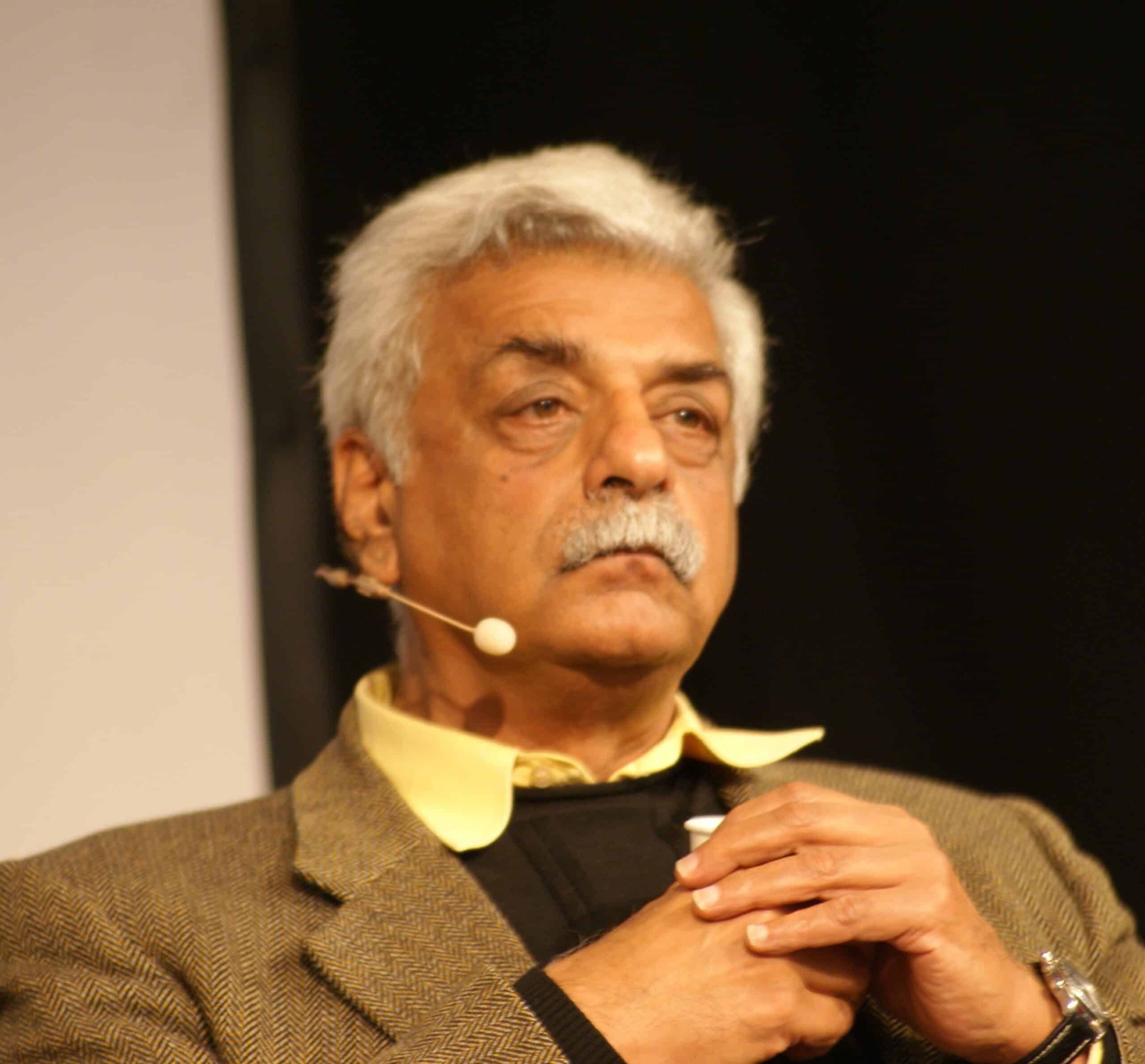 BBC News
BBC NewsBorrowing was £17.4bn last month, the second highest October figure since monthly records began in 1993.

Tariq Ali
I’ve recently published a book about Churchill, and it’s interesting as the dust settles on the Johnson administration, and as we enter a period of strikes under Rishi Sunak with Boris even out of Parliament now, to consider the way in which Churchill is all bound up in this.
Sometimes Boris created the idea that he was dumb but he certainly wasn’t. He always knew what he was doing and why. Boris’ novel is even a copy of Churchill’s novel; he complains about being a victim, just as Churchill did. He copies Churchill to that extent; Boris really does think Churchill was the greatest person ever.
Churchill could say what he did and get away with it, because behind him was the British Empire, which was supported by a large part of the British population. Some of the Scots, whether you like it or not, were the most ardent imperialists. That’s why, with the decline of the Empire, the more nationalist tendencies have come out in Wales, Scotland and England.
What Boris tried to do was to nurse a special form of English nationalism, linked very much to Churchill and his so-called heroism –
and to make this part of the new mythology. If you withdraw from Europe, or Scotland might go from the Union – as seemed more likely when he was Prime Minister than it does now – then you need something, and for Boris that was Churchill.
America also plays into this. He used Churchill to say to the Americans that we have a long-standing relationship, and that we will be better partners than Germany, for instance, because we’ve been attached by an umbilical wire. Blair played that line in the most vulgar way, as did Thatcher. Boris attempted the same. What that results in is a Britain completely tied to the United States without any room for manoeuvre.
This all played out of course in respect of the reaction to Putin’s crazed assault on Ukraine – and still does under Rishi Sunak. The British media class went semi-hysterical, though they’re beginning to calm down now. If you look at France, Germany and Italy, they all supported NATO but the tone was more measured.
Even in America itself, there’s a different tone: look at Thomas Friedman’s columns in the New York Times. I’m not a huge fan of his, but he has sought a balanced tone, and even pointed out the mistakes the Americans have made.
We also need to look at the situation in Yemen which is infinitely worse than what is going on in Ukraine. The reason for the lack of coverage is that the media largely supports the government, and so they’ve been told by the Foreign Office that this isn’t a priority. I notice that all four parties drool over Zelensky’s addresses, and especially when he mentions Churchill; and I do sometimes wonder whether the Foreign Office has a hand in writing those.
The big debate now is really this: How long do you want to tie the Russians down? American intelligence boasts that the Russian generals who were killed, were killed because of us. Older intelligence people in the US are saying: “Keep your mouth shut. Do you want a retaliation?” How long will Biden want to carry this out? It will either be non-stop escalation or a negotiated settlement.
Putin’s invasion has been a mistake, and he has lost the support of the usually pro-Russian segment of Ukraine. That means that Putin is in a position where he might need to negotiate a settlement in any case. So far, the Americans have irresponsibly chosen to continue the war.
The roots of our present problems domestically are also deep. The post-War consensus required the rebuilding of the country and that meant a form of social democracy. This wasn’t just in Britain – it was also in Europe. It was never meaningfully altered by Conservative governments, until Thatcher destroyed the mining industry.
That development was dual in nature. First, it showed she didn’t care about the British working people anymore. Secondly, it meant that Arthur Scargill would have to be dealt with. The British trade union movement never recovered from that defeat. Privatisation was never contested in Britain in the same way it was in many other countries – for instance in South Korea. There was a huge strike wave in South Korea in the 1980s against multinationals. The banners in front of the Japanese multinationals said: “You can’t crush us, we’re not English.”
That was a huge triumph for Thatcher, and Blair carried on and to some extent went further. They were looking for a strike to crush – but unfortunately for them the only strike going on was the nurses, and even they felt that nobody in their right minds would regard them as the enemy within.
When it came to both the Blair and Brown premierships, the first person they invited in was Thatcher. Then Cameron made no secret of the fact that he was an admirer of Blair. I call this the ‘extreme centre’. It doesn’t seem to matter who comes in. They do the same thing; they fight the unions, and fight America’s wars. What is the point of an election under such circumstances? It just becomes a ritual.
And a ritual all bound up with Churchill, who himself fought the unions in Wales and Scotland. That’s why the hatred of Churchill went so deep, and why I get so many messages from working class people saying how much their grandparents hated Churchill. Rishi Sunak should know that rubbing British noses in British mud doesn’t go down well.
Tariq Ali’s Winston Churchill: His Times, His Crimes is out now